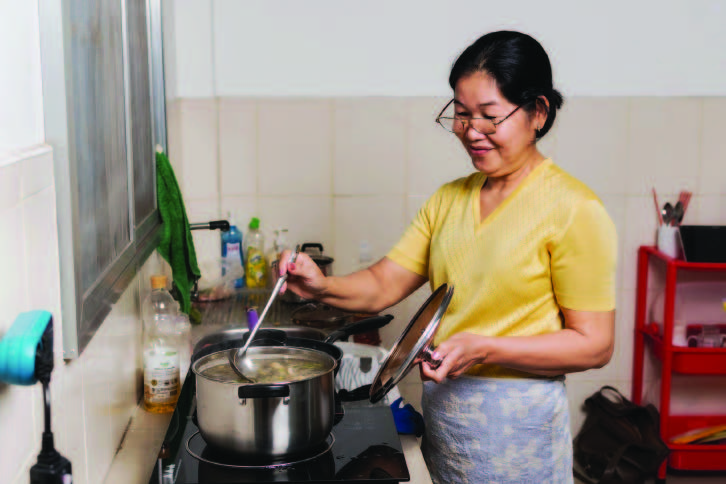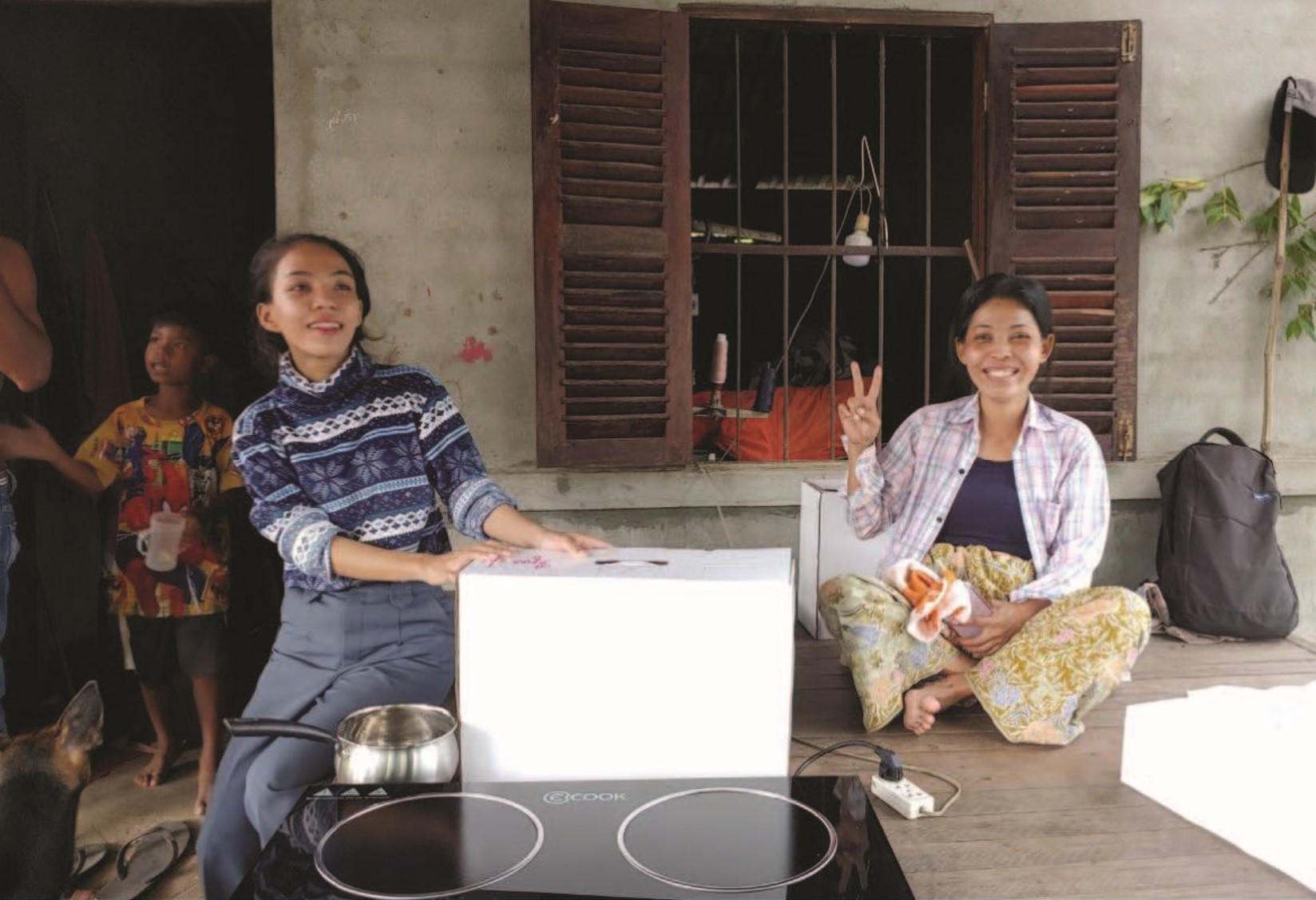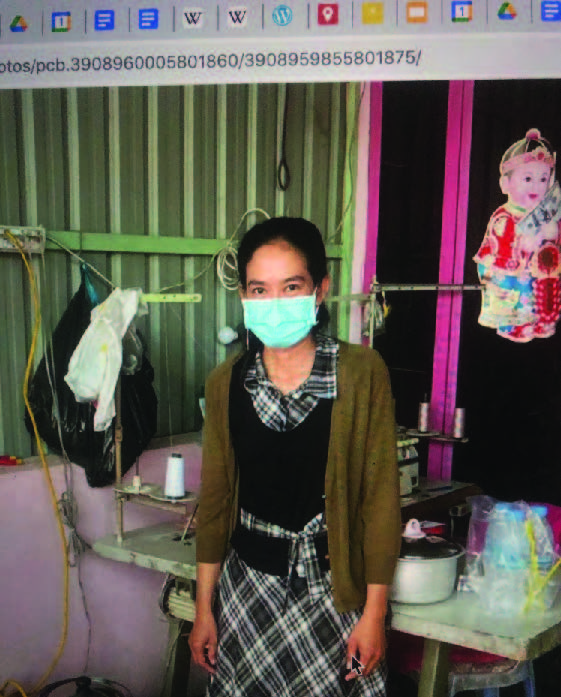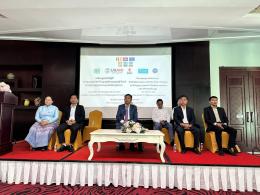Finding a reliable and clean source of cooking fuel in developing countries is a persistent obstacle for poor households. 80% of the rural population in Cambodia does not have access to clean cooking (ESMAP, 2017). Most rural Cambodians cook with wood (77%) and 6% cook with charcoal, spending approximately 1.5 hours a day on cooking. Cooking on traditional biomass stoves not only contributes to deforestation, local natural resource degradation and increased greenhouse gas emissions, but also has severe negative impacts on health through the smoke that pollutes households and the ambient air. The low level of modern cooking services taken up in Cambodia suggests it is time to introduce a new technology and solution to change behaviour and offer rural Cambodian households an option to transition away from cooking with firewood and charcoal, and mitigate the negative impacts on health, forests and air quality.
This project, supported by CCCA3, is implemented in rural and peri-urban Cambodian locations as an action research wherein ATECs electric cooking products are test marketed to purchasing customers through the sales and distribution chain of iDE’s MECS micro enterprise. Deploying an agile project management style to facilitate the iterative designing pilot process, the project collects regular sales data to improve sales conversion through data-driven decision-making for different pilot testing cycles. Action research is conducted through surveying the cooking experience of paying customers to asses the extent of climate mitigation benefits through the switch from their existing biomass/LPG stoves to efficient induction stoves.

Photo by: ATECs electric induction stove
At the time of writing, the sales team have reached at least 1200 people, delivered 755 sales pitches, and triggered 255 electric cookstove sales at a conversion rate of 25% which can be considered positive evidence for the growing demand for safe, affordable, reliable and sustainable cooking solutions matching customer’s needs. Our digital marketing awareness campaigns have reached a total of 181,354 women. A significant factor driving the decision making for households are the availability of affordable installments starting at 10$ per month. These early results provide a positive indication of innovative electric cooking technology matching people’s needs. Customers motivations to adopt are driven by the need for safety and convenience connected to aspirational electric cooking solutions (more than health impacts) Customers who enjoy the experience of safe, smoke free cooking don’t go back to their previous cooking.
 “It’s very convenient to cook and it’s easy to go to the wing shop nearby to pay the monthly installment. I like paying in this way, especially now that we have to be more careful due to COVID19.”
“It’s very convenient to cook and it’s easy to go to the wing shop nearby to pay the monthly installment. I like paying in this way, especially now that we have to be more careful due to COVID19.”

“I was so scared, the gas tank exploded and you can see the mark from the explosion on my roof. For this reason, when I saw the promotion of the electric stove in my village, I decided to buy it.”
Prepared by: iDE Cambodia




